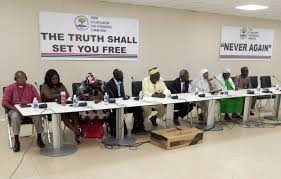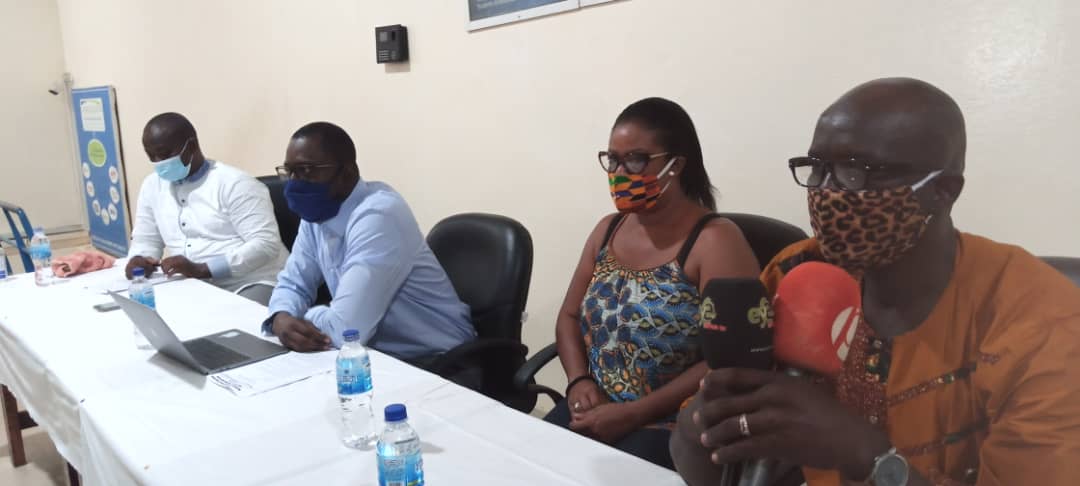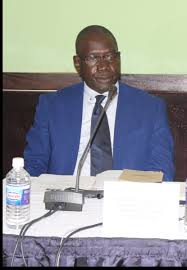Leader and secretary general of United Democratic Party has called on Gambians to focused on reconciliation to heal the past wounds.
Lawyer Ousainou Darboe said in his new year’s message that: “reconciliation is impossible as long as corruption continues, some individuals continue to sow division, the vast majority of the people continue to live in poverty, high youth unemployment which has led to a pervasive sense of hopelessness that is responsible for the tragedy off the coast of Mauritania early this month.”
“This confirms that true reconciliation is not only about conceding civil liberties of the people. It is also about political and economic transformation.”
According to him, since Gambia accomplished the new found democracy three years ago, people have demonstrated time and again their immense capacity to look beyond superficial differences in the quest to achieve a better Gambia, and with it, embrace a democratic way of life.
The Gambia of today still suffers from the effects of two decades of dictatorship, gross human rights violations and Government incompetence. As the author William Faulkner famously wrote of the American South ‘The past is not dead and buried. In fact, it isn’t even past’, he said.
Darboe, who also served as vice president under President Barrow that: “We must address the unfinished business of our democratic transition. We must close the festering wound of abject poverty that exists amongst our people. We must forge ahead with law reform and social development. We must continue to transform our workplaces and restructure our economy so that it benefits all.”
“In this sense, reconciliation is a very practical undertaking. It is about the work that needs to be done to unlock investment in our economy, to reduce the cost of doing business and to promote growth. It is about the urgent measures we need to take to ensure a reliable supply of electricity to homes and businesses. It is about ensuring that our water resources are preserved and equally available to all.”
Reconciliation means that we should continue to use the capability of the state to improve the lives of the people, to have a tax regime that is progressive and public finances that are responsibly managed. Reconciliation also requires that we have access to quality health care through, among other things, the introduction of a National Health Insurance.
He further emphasised that: “we need to improve the quality of education nationwide and rural schools in particular and ensure that there is a renewed focus in early childhood development programmes. We must continue to seek out and forge durable social compacts to attain our vision of the ‘other Gambia’ that has been fundamentally transformed”
He concluded by saying “We must all play our part if we are to bequeath to our children a society that has truly reconciled. “It is time to put aside egos, individual and collective, for the sake of the youth. “Let us make a concerted effort to move forward together, focusing on what unites us as Gambians instead of what divides us as one nation”
By: Bakary Ceesay



